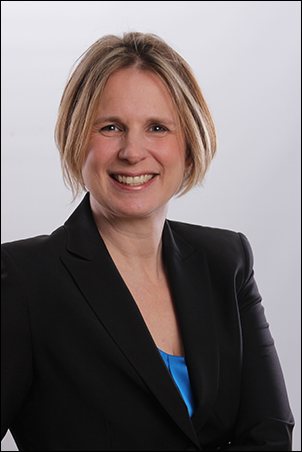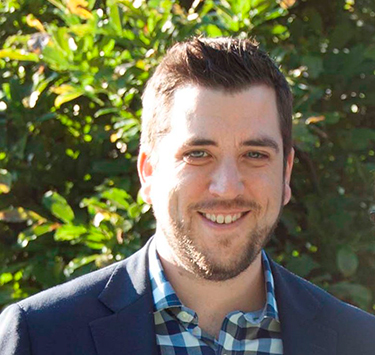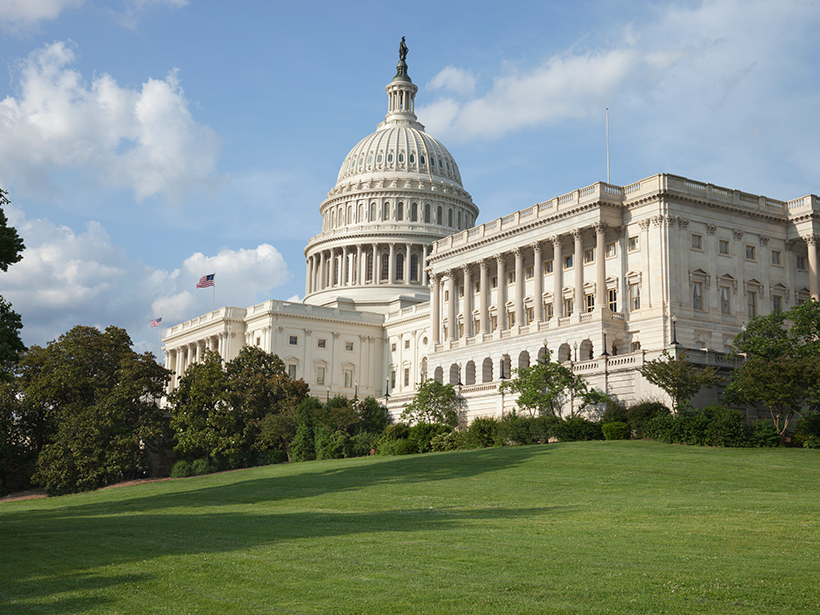The American Geophysical Union (AGU) is excited to introduce its new Congressional Science Fellows, Karen Akerlof and Patrick Drupp. For the next year, Akerlof and Drupp will be trading their research equipment for seats among the staff in a congressional office.
During their time in congressional offices, fellows often serve as resident science experts.
It’s a big change, but a valuable one. Past AGU Congressional Science Fellows have gone on to take permanent jobs on Capitol Hill, work for state or federal agencies, or return to academia with an improved understanding of how their science can help shape policy.
AGU has proudly supported fellows for the past 39 years.

During their time in congressional offices, fellows often serve as resident science experts, using their broad scientific background as well as their unique expertise on critical issues such as climate, hazards, or resource management to inform and guide policy makers. Through the fellowship program, fellows are able to gain firsthand knowledge of the legislative process and explore career paths outside academia.
Promoting the Use of Science in Policy Making
Akerlof was a research assistant professor at the Center for Climate Change Communication at George Mason University in Fairfax, Va., before being chosen as a fellow. Her work focused on applying social science research and theory to problems in science and risk communication. She earned a Ph.D. in environmental science and public policy from George Mason with a dissertation titled “Risky Business: Engaging the Public in Policy Discourse on Sea-Level Rise and Inundation.”
During her time on Capitol Hill, Akerlof hopes to learn “how the national scientific research agenda is influenced by budgeting, formation of legislation, and federal agency oversight.” In turn, she says she wants to use the fellowship as an opportunity “to bridge between the physical and social sciences” using her science communication, climate science research, and social science research background.

Drupp comes from the National Oceanic and Atmospheric Administration (NOAA), where he was an education program specialist. His work focused on improving educational programs within NOAA. He has a Ph.D. in chemical oceanography from the University of Hawai‘i, where he completed his dissertation titled “Observations and Modeling of the CO2-Carbonic Acid System of Hawaiian Coral Reefs: Implications of Future Ocean Acidification and Climate Change.”
Applications for the 2017–2018 term will open on 1 November 2016 and close on 1 February 2017.
Drupp said he will bring a “personal approach to science” to make “sometimes daunting topics much more approachable for non-scientists.” He aspires to “help produce solid, scientifically sound, and sustainable marine policy, as well as make scientific education a priority in both formal and informal settings.”
Apply for a Congressional Science Fellowship
To learn more about applying for an AGU Congressional Science Fellowship, visit the AGU Science Policy website. Applications for the 2017–2018 term will open on 1 November 2016 and close on 1 February 2017.
Citation:
Landau, E. (2016), New AGU Congressional Science Fellows take the Hill, Eos, 97, https://doi.org/10.1029/2016EO058541. Published on 01 September 2016.
Text © 2016. The authors. CC BY-NC-ND 3.0
Except where otherwise noted, images are subject to copyright. Any reuse without express permission from the copyright owner is prohibited.

